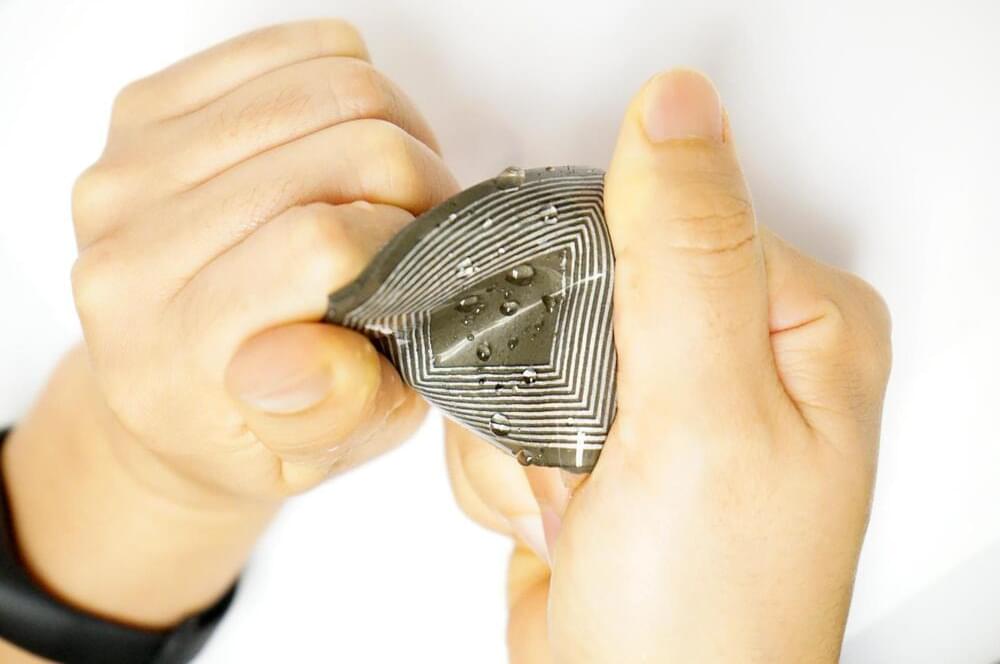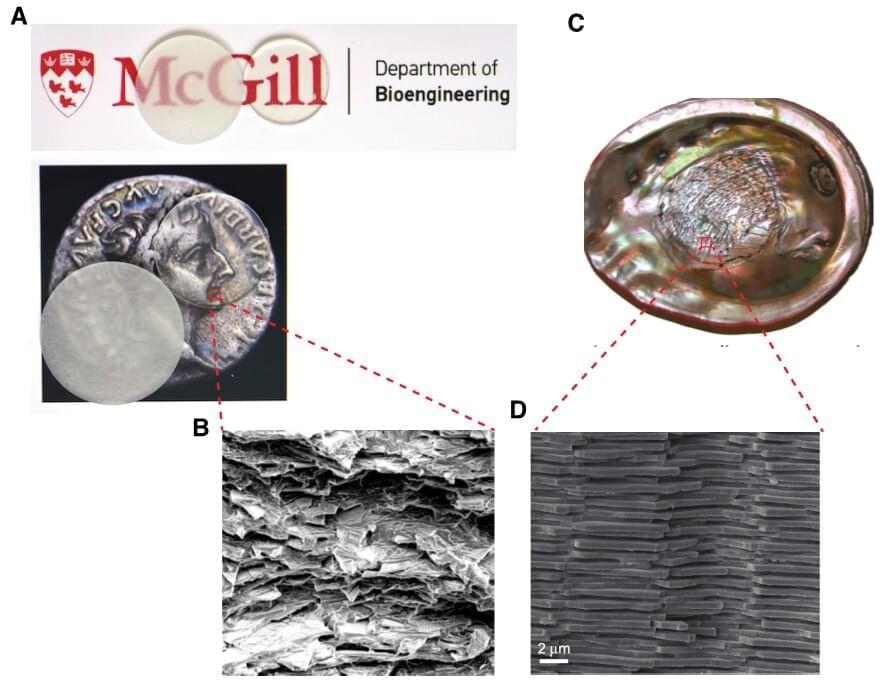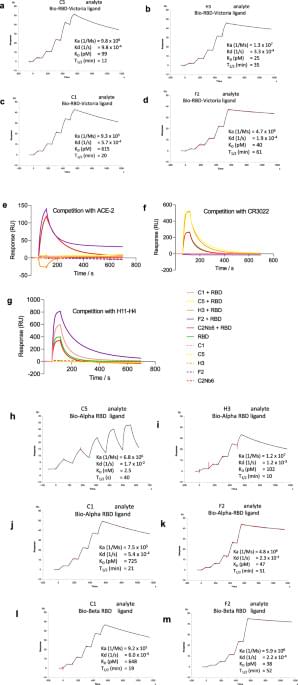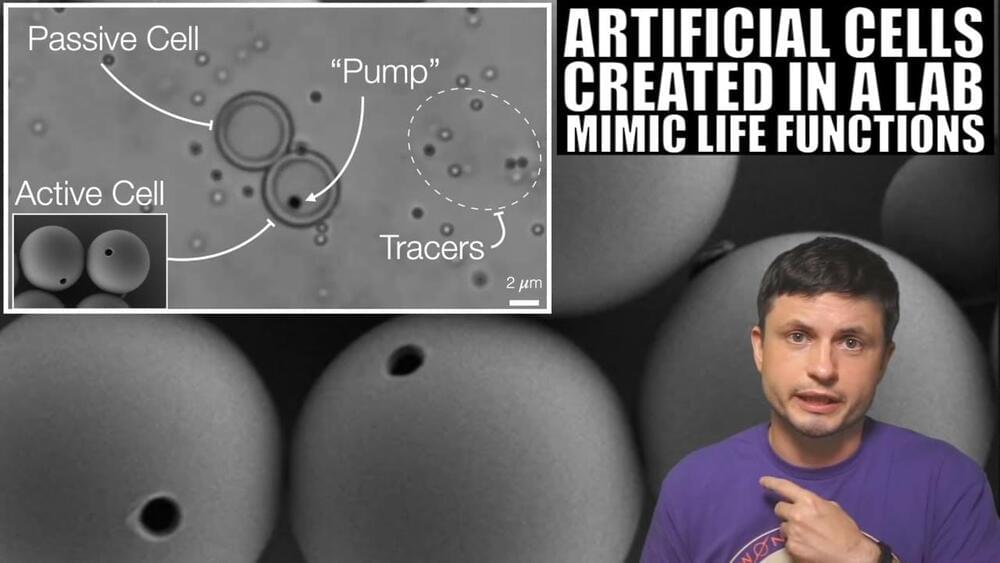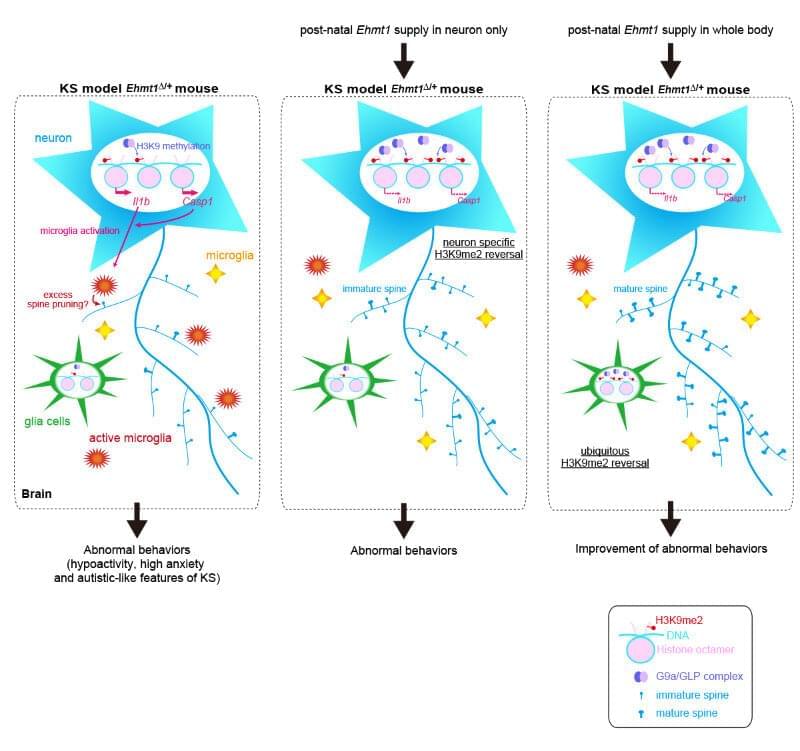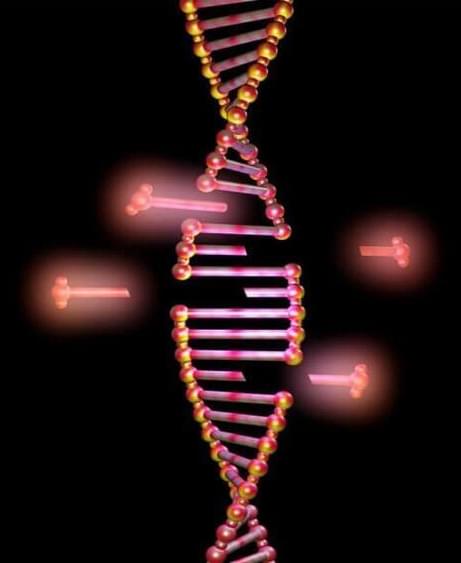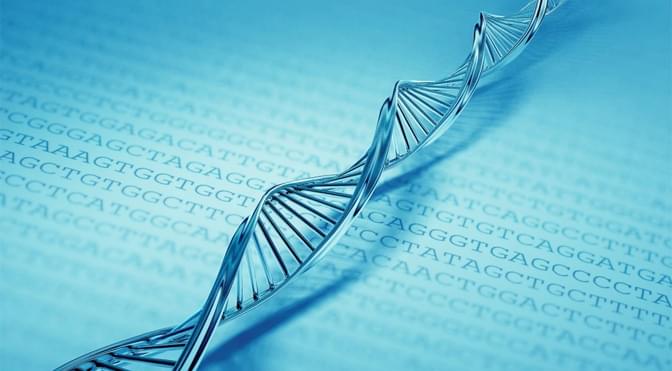Oct 3, 2021
Bioengineers Develop New Class of Giant Magnetoelastic Effect Human-Powered Bioelectronics
Posted by Saúl Morales Rodriguéz in categories: bioengineering, cybercrime/malcode, encryption
Traditional networks are unable to keep up with the demands of modern computing, such as cutting-edge computation and bandwidth-demanding services like video analytics and cybersecurity. In recent years, there has been a major shift in the focus of network research towards software-defined networks (SDN) and network function virtualization (NFV), two concepts that could overcome the limitations of traditional networking. SDN is an approach to network architecture that allows the network to be controlled using software applications, whereas NFV seeks to move functions like firewalls and encryption to virtual servers. SDN and NFV can help enterprises perform more efficiently and reduce costs. Needless to say, a combination of the two would be far more powerful than either one alone.
